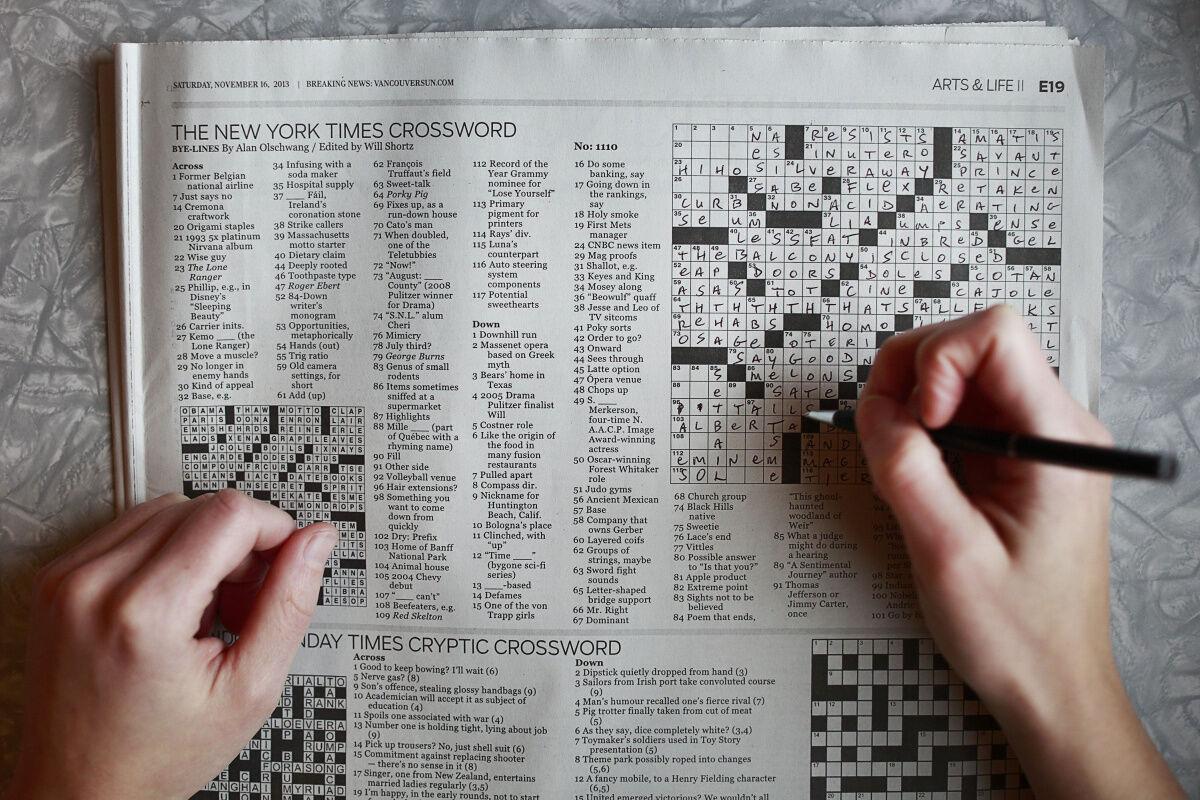Forgotten Ladies of the Crosswords: Beldames Explained
When diving into the world of crosswords, certain words pop up that seem to belong to a different era. One such word is beldames nyt crossword It’s a term that has largely faded from everyday conversation but still finds its place in literature and, notably, in crossword puzzles. Understanding the meaning and history of this word can enhance your appreciation when you encounter it in your crossword-solving adventures.
Meaning
“Beldames” is an old-fashioned word that typically refers to older women. The term has its roots in Middle English, derived from the Old French “belle dame,” which means “beautiful lady.” However, over time, the word’s meaning shifted, and it began to be used with a less flattering connotation. In many instances, beldames are depicted as old, and sometimes even as haggard or witch-like figures.
In modern use, “beldame” is not commonly used in everyday language, but it remains a term you might encounter in classic literature or in the tricky world of crossword puzzles. When it appears in a crossword, it usually points to a clue related to an elderly woman or an old lady, possibly with a negative or mysterious twist.
History
The journey of the word “beldame” from its origins to its current status is a fascinating one. As mentioned, it started as a term of endearment, “belle dame,” reflecting beauty and nobility. But like many words, its meaning evolved, particularly during the Middle Ages when the perception of older women could be tinged with superstition and fear.
In literature from that period, beldames were often portrayed as wise yet feared figures, sometimes even as witches or crones. This association with the supernatural and the unknown contributed to the negative connotations the word carries today. Despite this, the word retains a certain charm and a connection to the past, making it a favorite in crosswords that challenge solvers to think beyond the everyday vocabulary.
Literature
“Beldames” appear in various works of literature, often symbolizing more than just old age. In some stories, they are portrayed as keepers of wisdom, holding secrets of the past that younger generations have forgotten or overlooked. In others, they might be depicted as figures of fear, embodying the darker aspects of aging and the unknown.
For instance, in classic fairy tales, the “beldame” is a common archetype, often appearing as the wicked witch or the old crone who lives on the edge of society. These characters might start as beautiful women, only to be transformed by age or magic into something less desirable. This transformation reflects societal fears about aging and the loss of beauty, making the “beldame” a powerful symbol in storytelling.
Crosswords
In the world of crossword puzzles, “beldame” is the kind of word that delights seasoned solvers. It’s not an everyday term, so when it appears in a puzzle, it can be a real challenge for those unfamiliar with it. However, for those who know the word, it’s a satisfying clue to crack.
Crossword creators often use such words to add a layer of difficulty and to introduce solvers to more obscure vocabulary. “Beldame” is a perfect example of this, as it requires solvers to dig into their knowledge of older, less commonly used words. When solving a crossword and you come across a clue hinting at an old woman, thinking of “beldame” could lead you to the correct answer.
Usage
Understanding the usage of “beldame” in crosswords can give you an edge in solving puzzles. It’s important to note that while the word might carry negative connotations, in the context of a crossword, it’s usually used neutrally to refer to an old woman. The challenge lies in recognizing the word and recalling its meaning when you see a clue that points in that direction.
For example, a clue might read “old woman in a fairy tale” or “elderly lady,” and the answer could be “beldame.” Knowing this word expands your crossword-solving toolkit, allowing you to tackle puzzles that feature more obscure or archaic language.
Popularity
While “beldame” may not be a common word in everyday conversation, its continued presence in crosswords and literature ensures that it remains part of the English lexicon. The word’s longevity is a testament to its utility in describing a specific type of character—one that is steeped in history and cultural significance.
The popularity of “beldame” in crosswords also speaks to the broader appeal of using older, less common words in puzzles. These words challenge solvers to go beyond their everyday vocabulary and engage with the language in a deeper, more thoughtful way.
Conclusion
“Beldame” is more than just a word for an old woman; it’s a link to the past, a reflection of cultural attitudes towards aging and women, and a beloved tool in the arsenal of crossword creators. Understanding the nuances of this term not only helps you in solving crosswords but also enriches your appreciation of the English language and its history.
So the next time you come across “beldame” in a puzzle or a piece of literature, take a moment to consider the weight of its history and the richness it brings to the text. Whether you’re a crossword enthusiast or a lover of words, “beldame” is a term worth knowing and appreciating.


